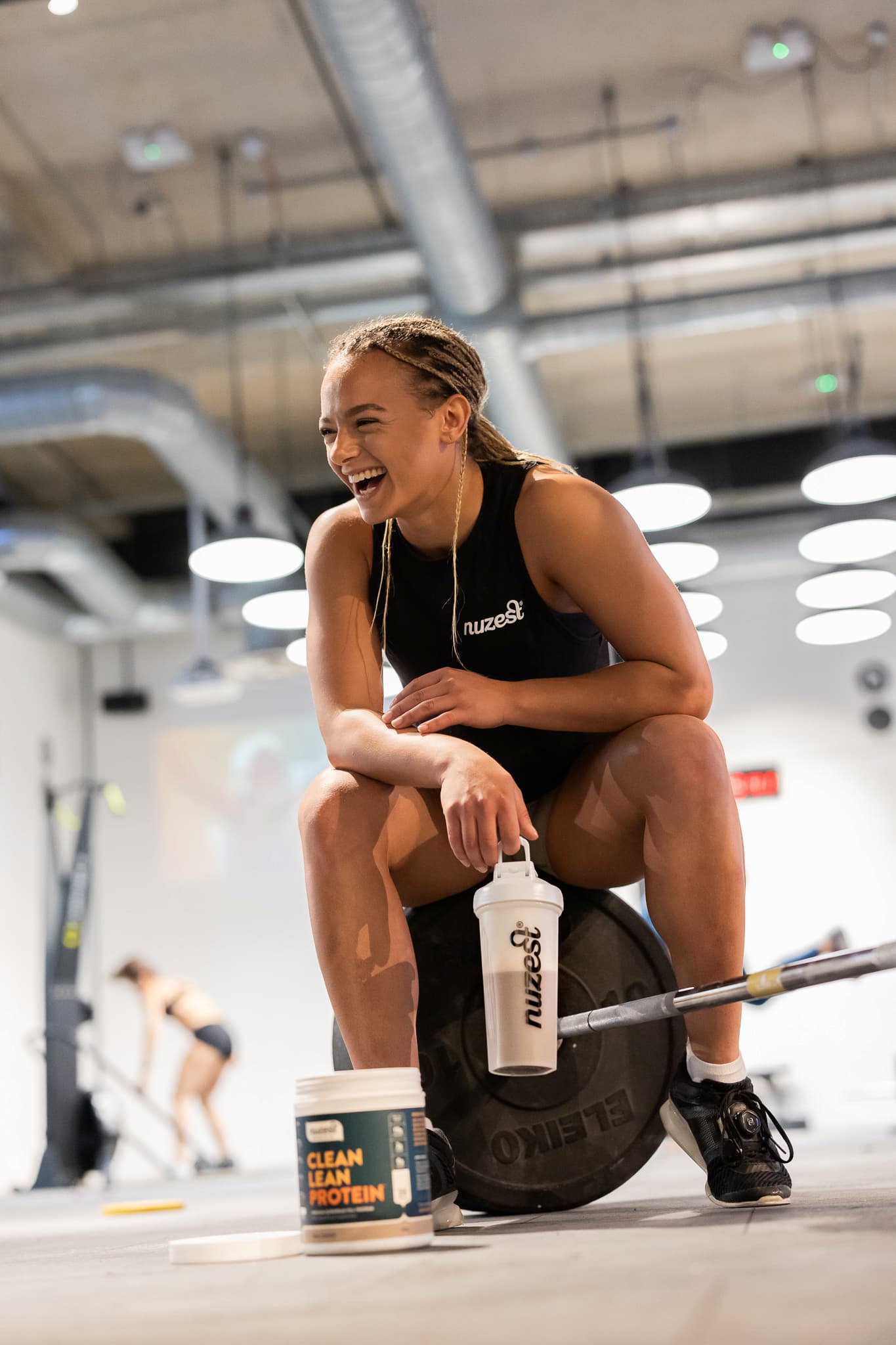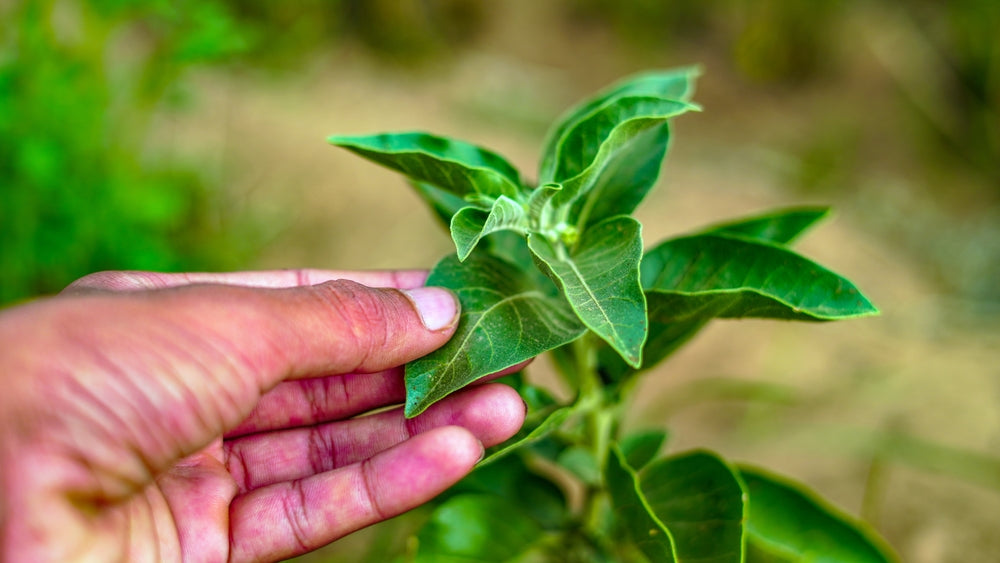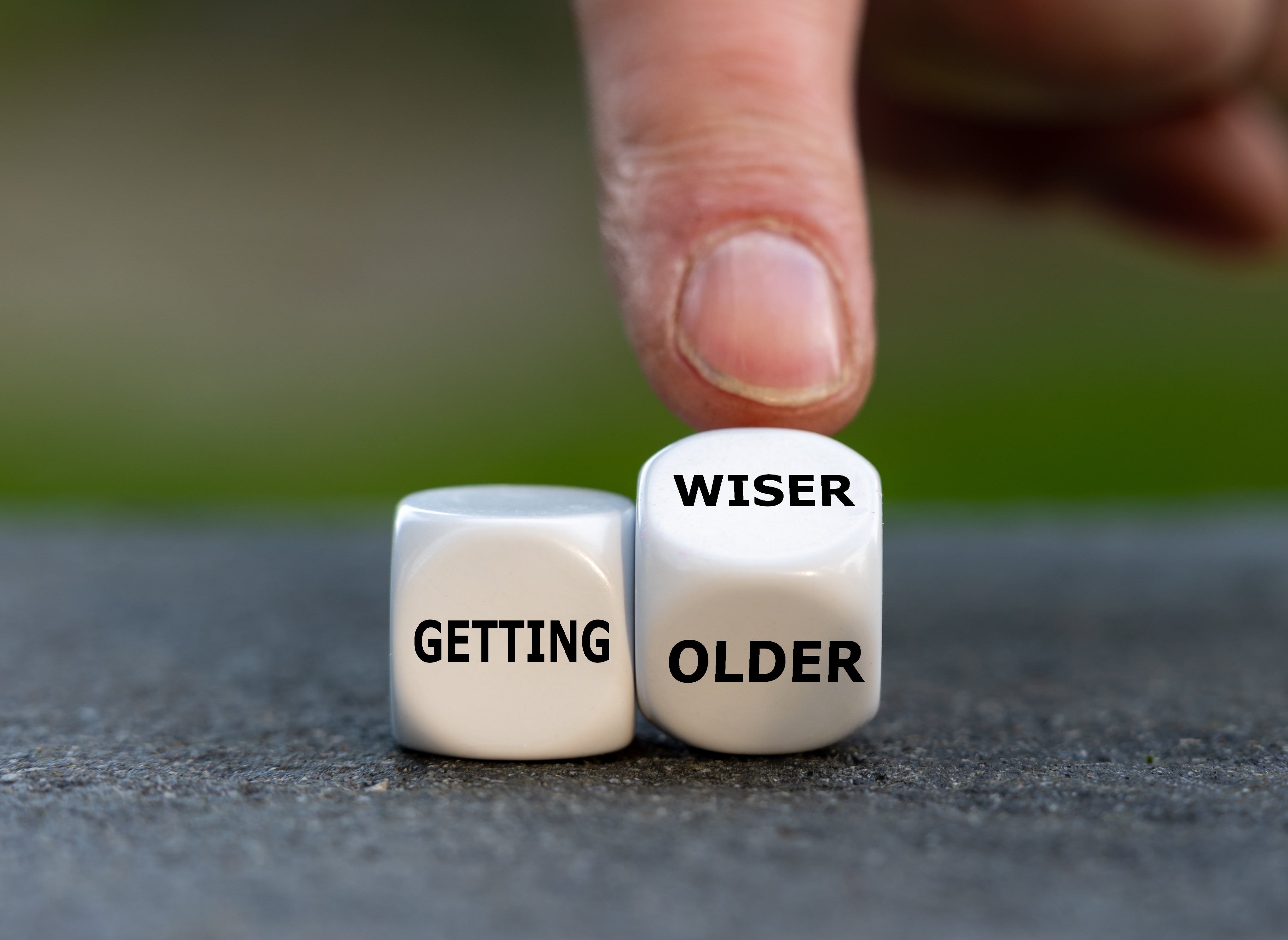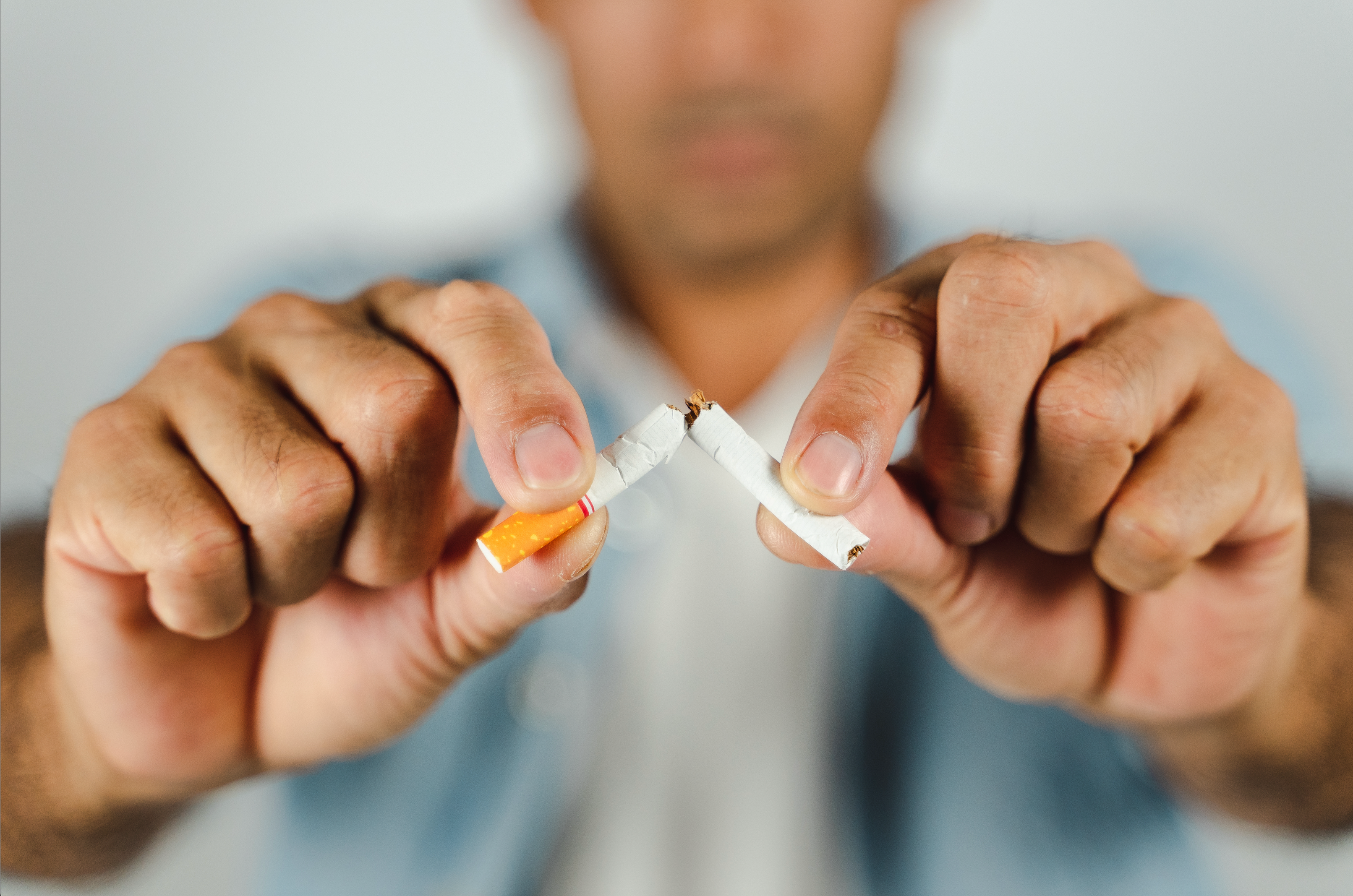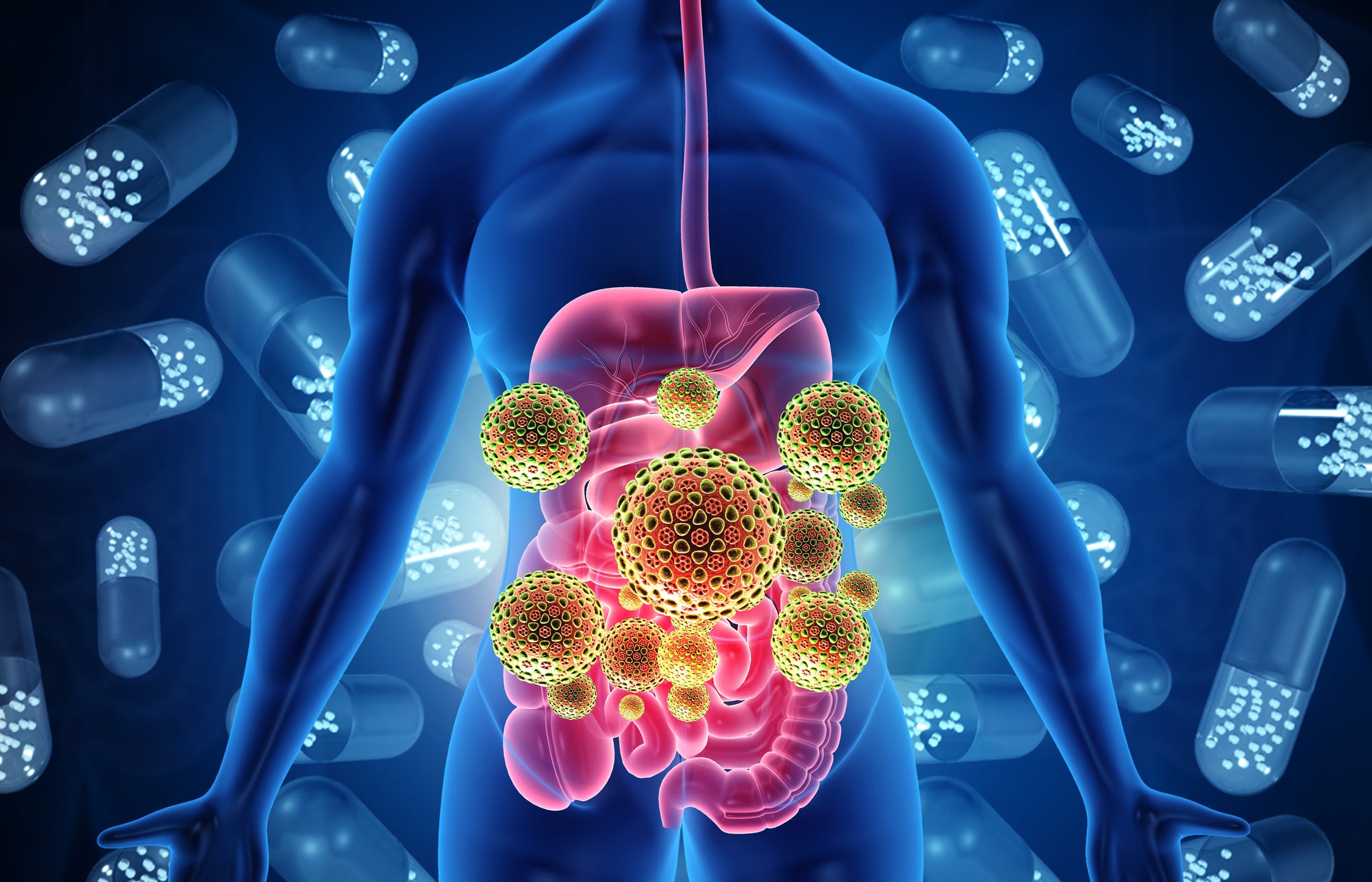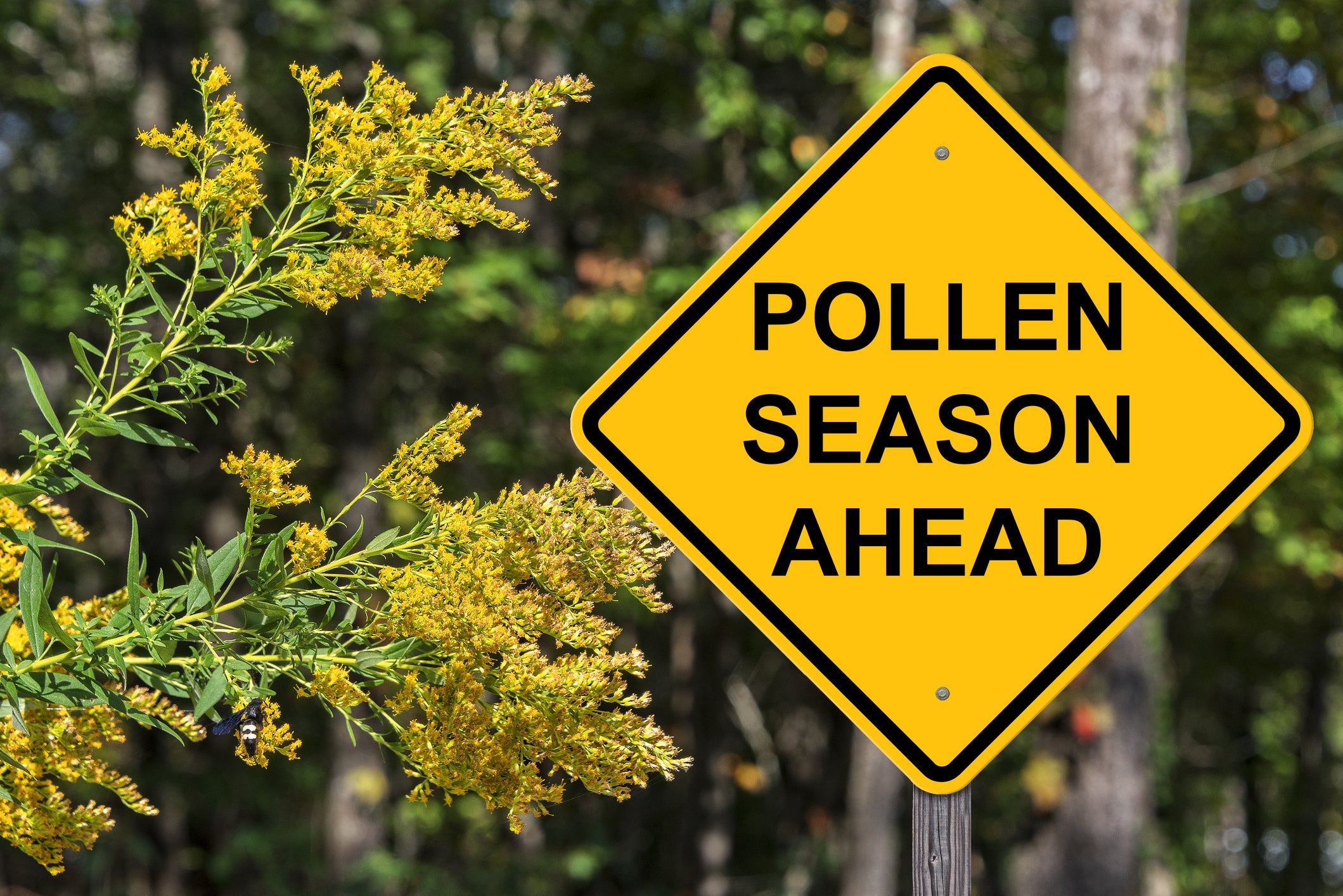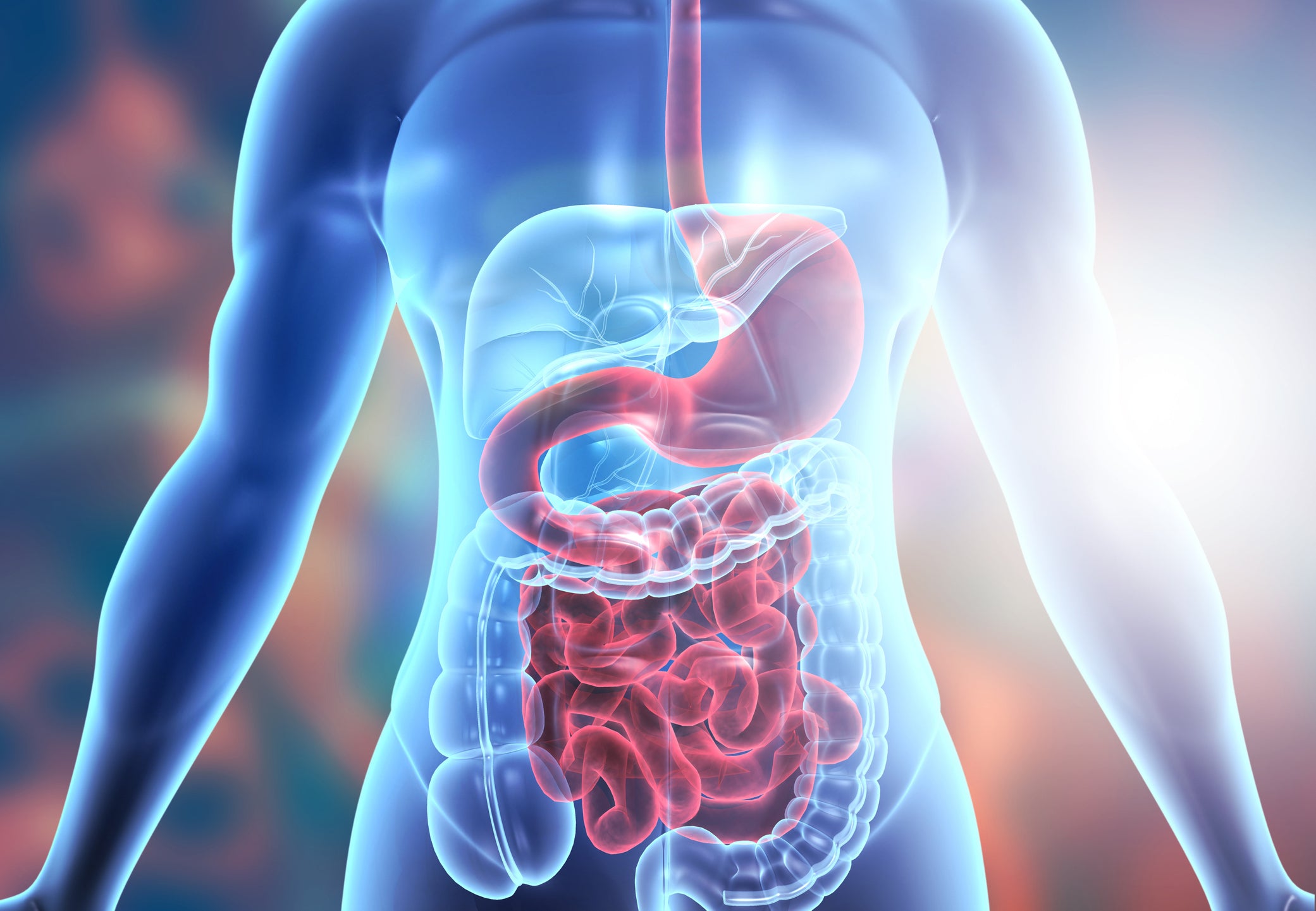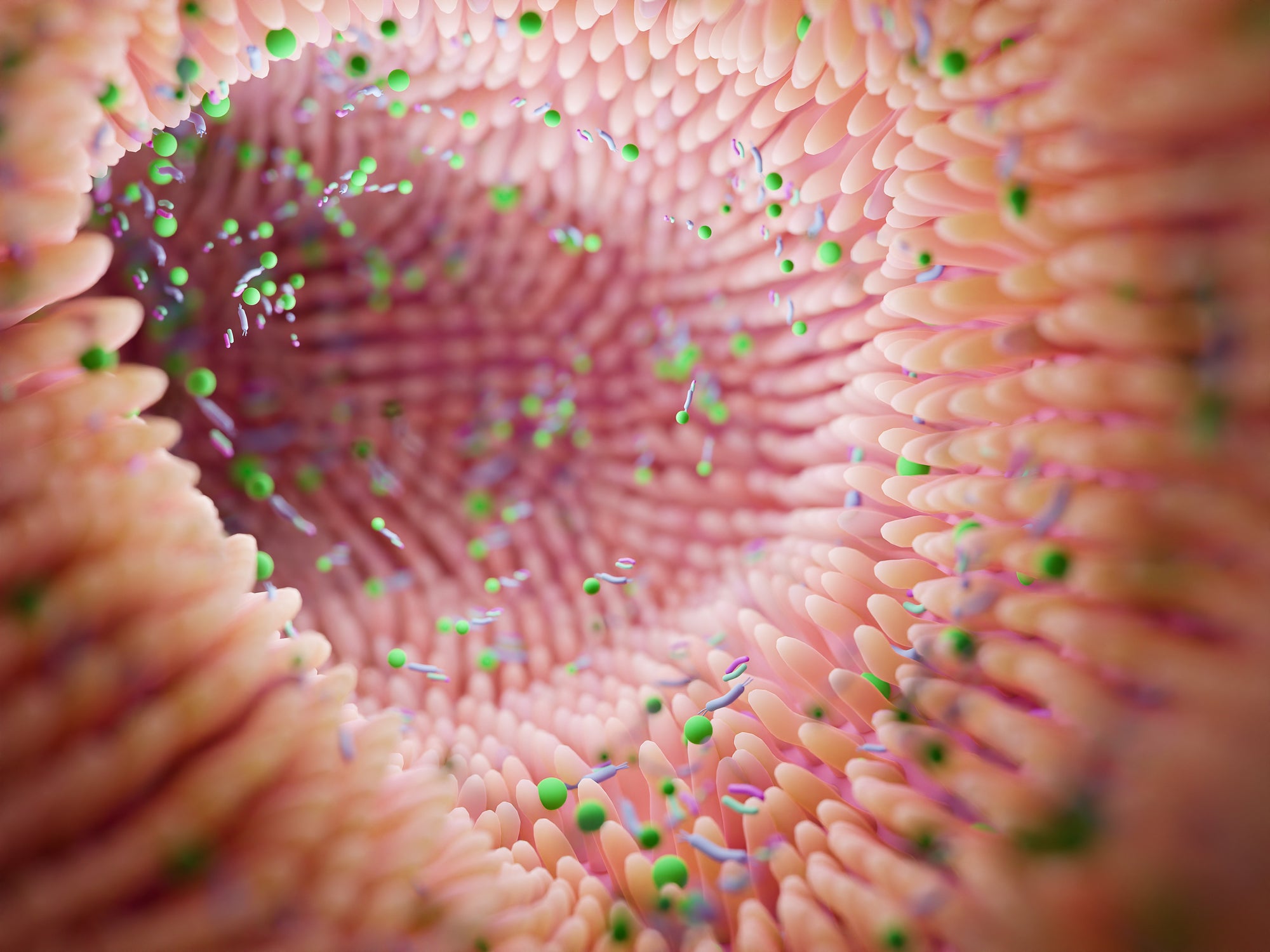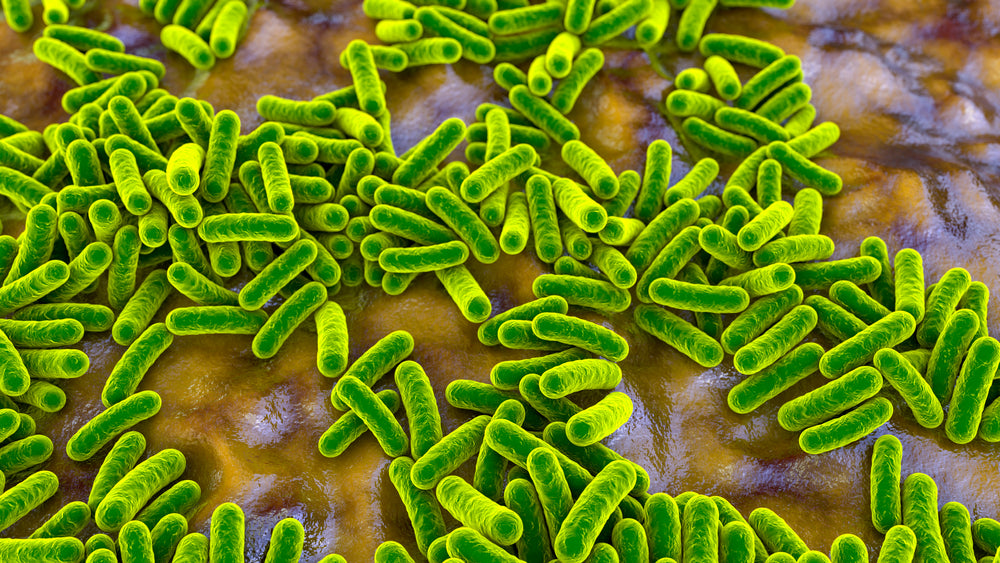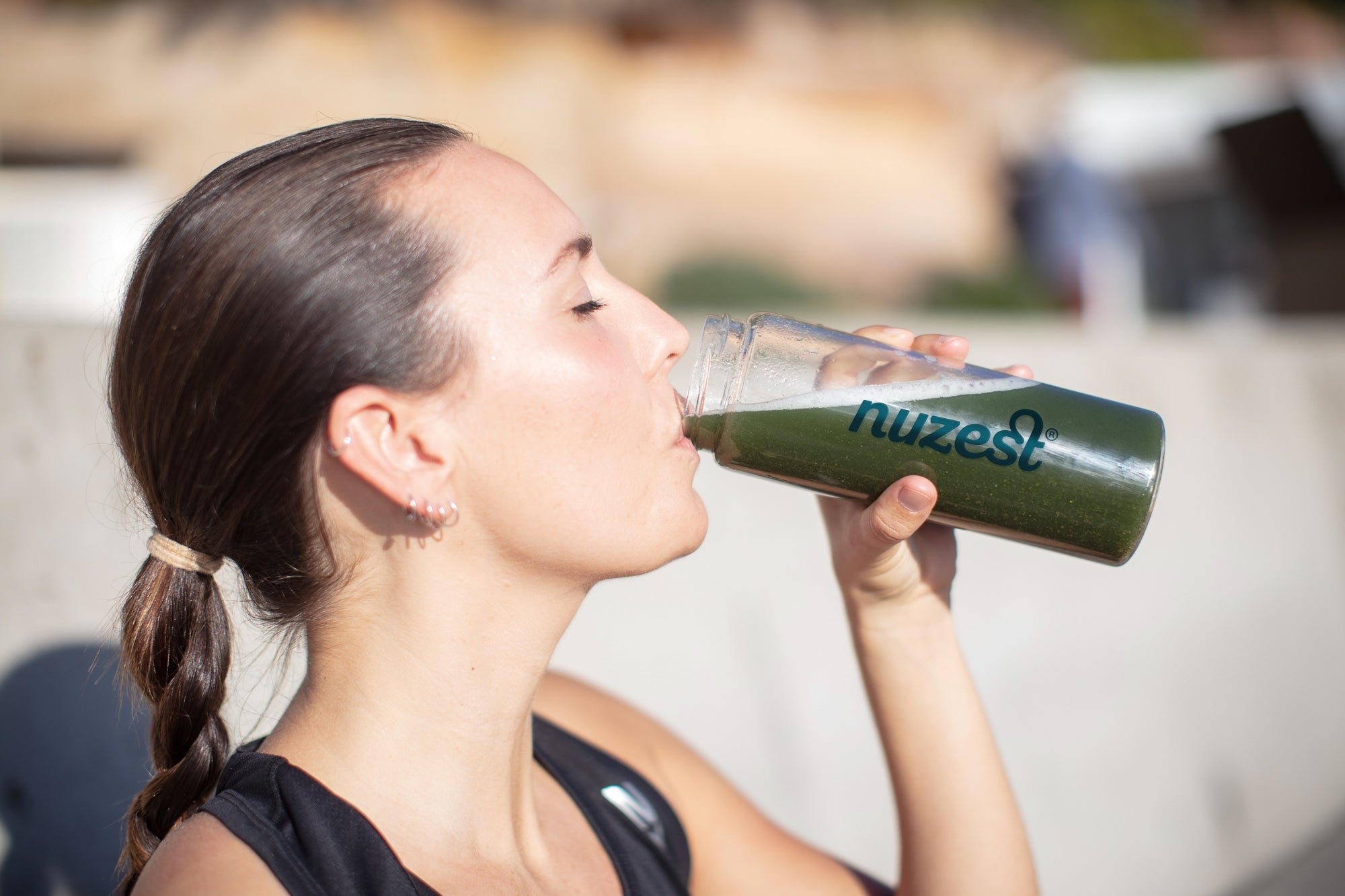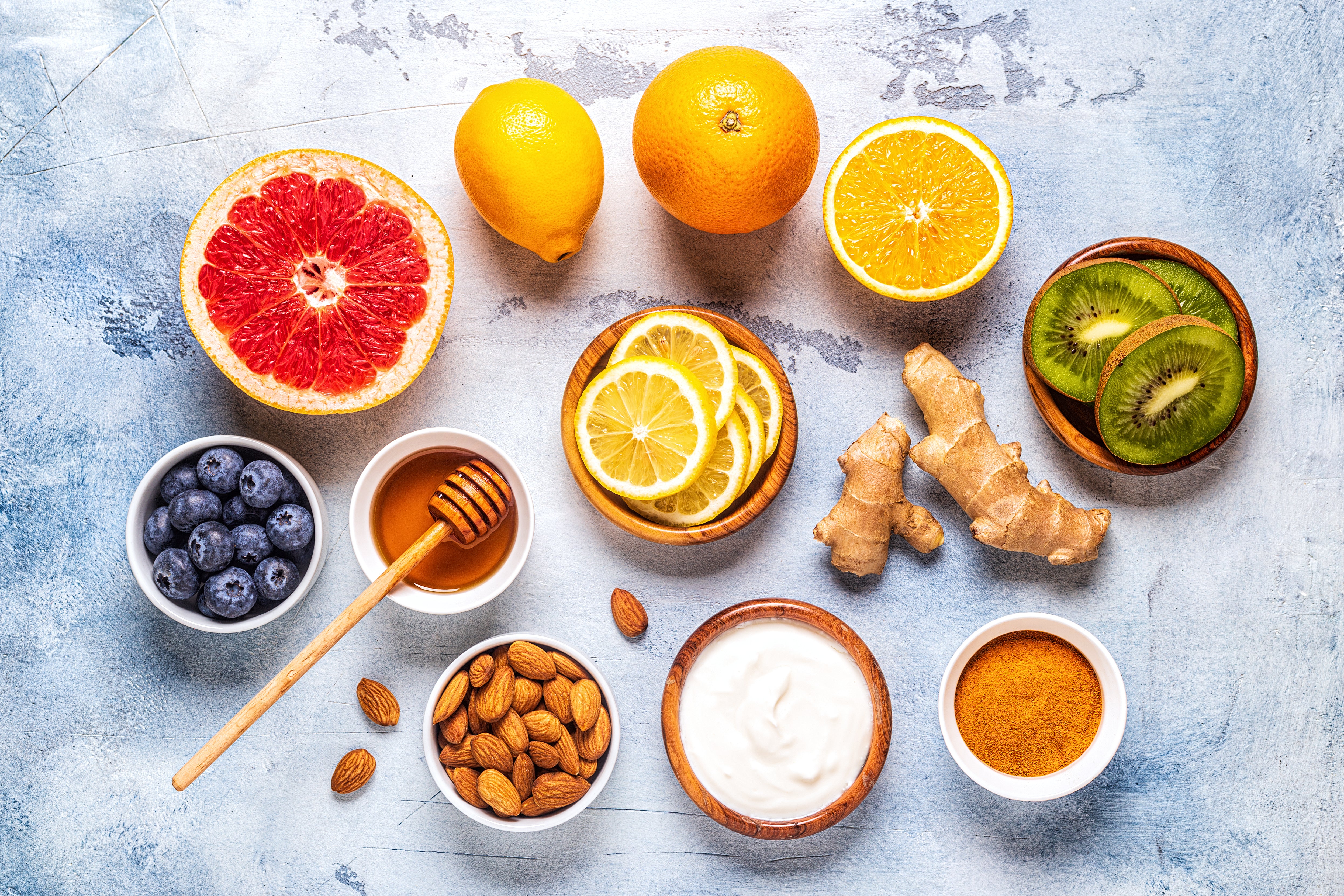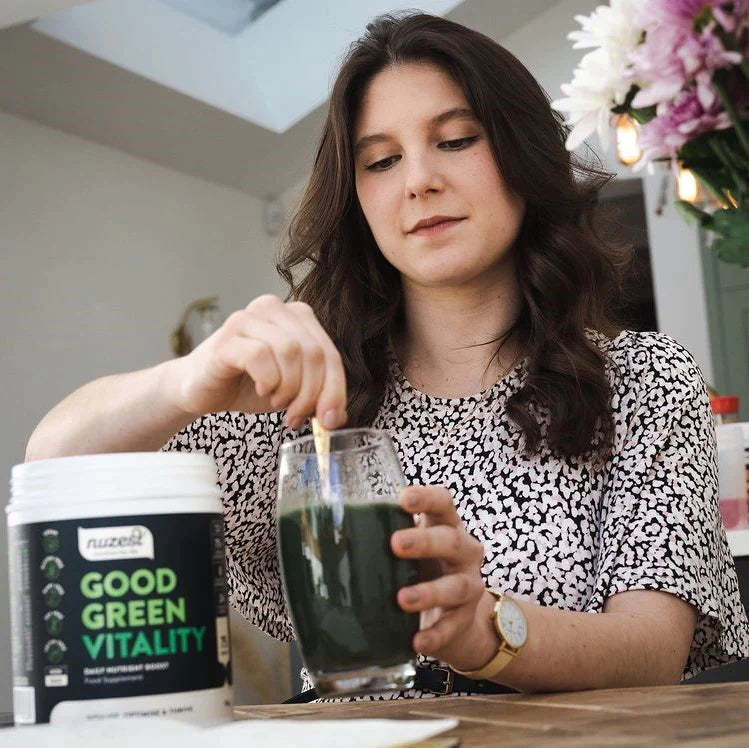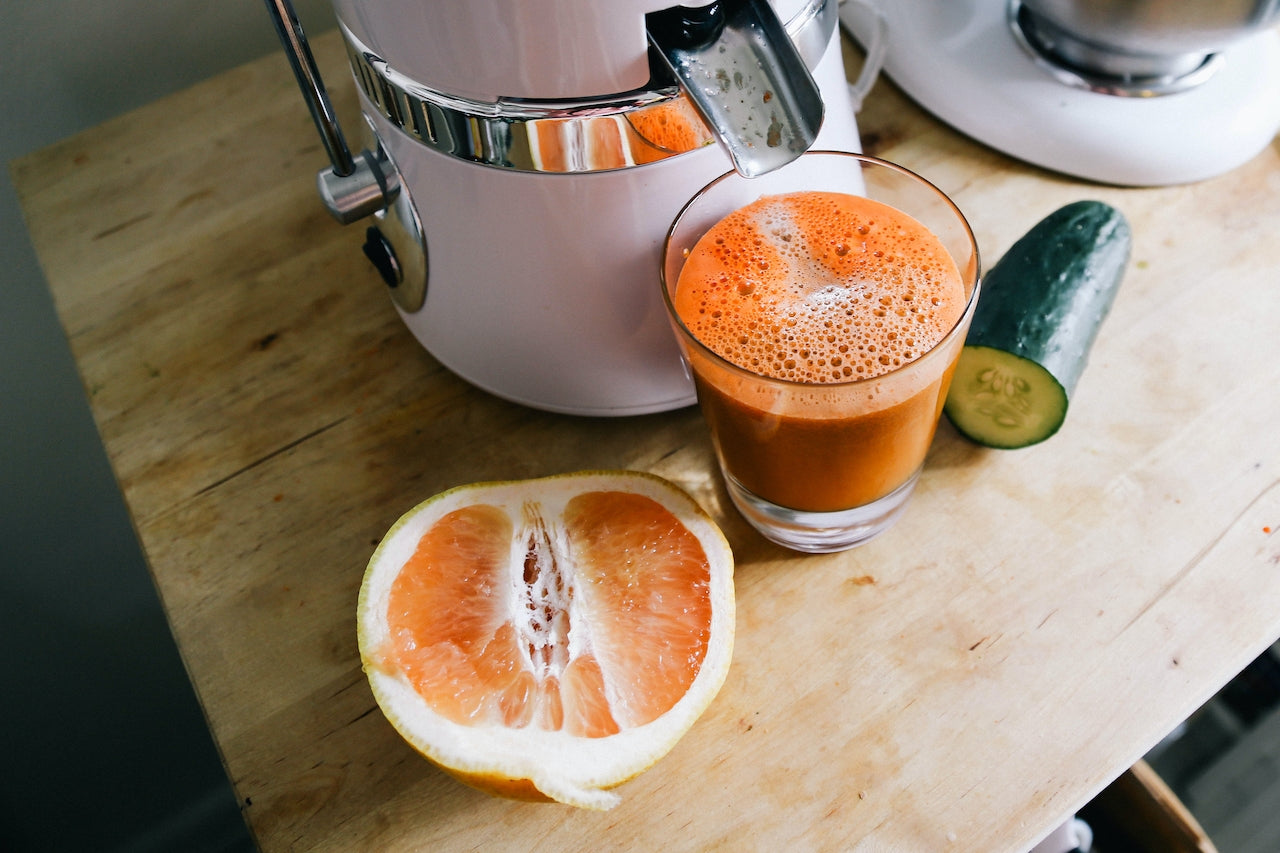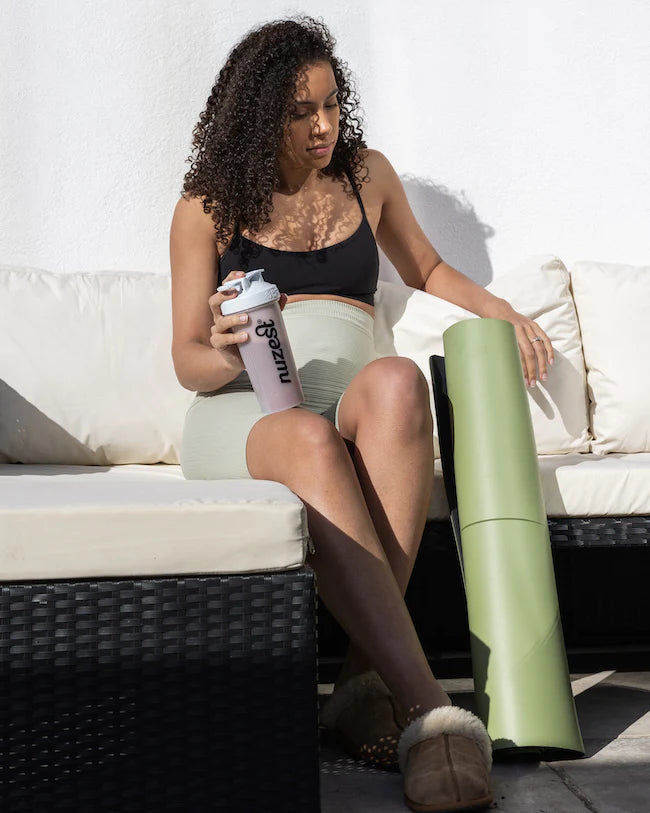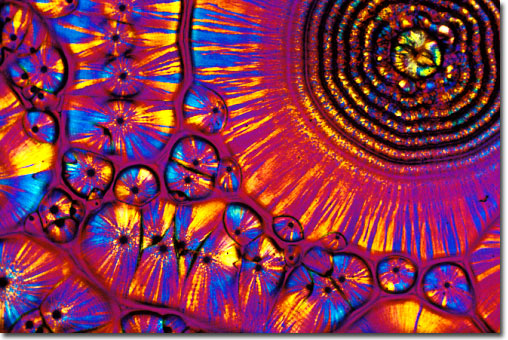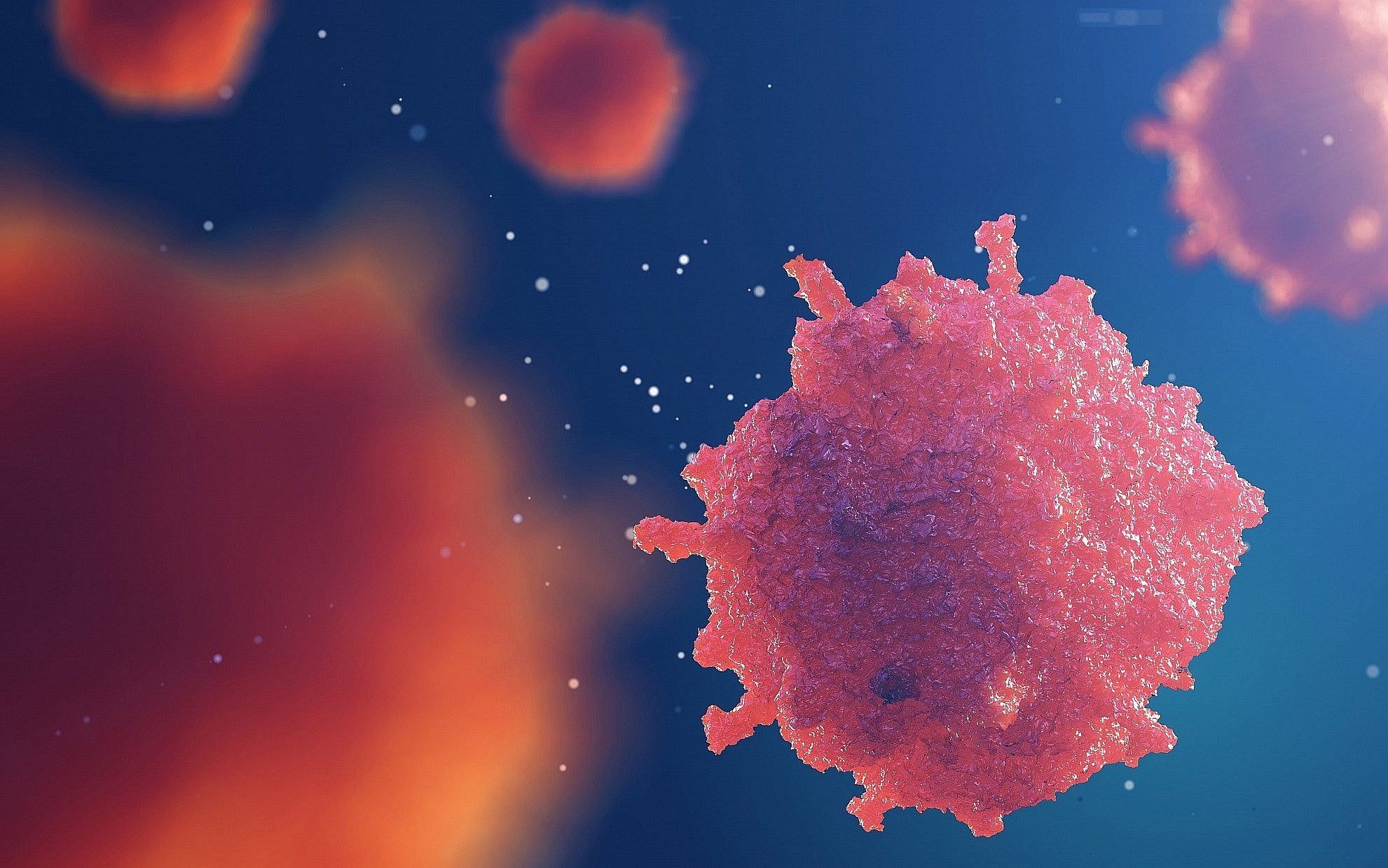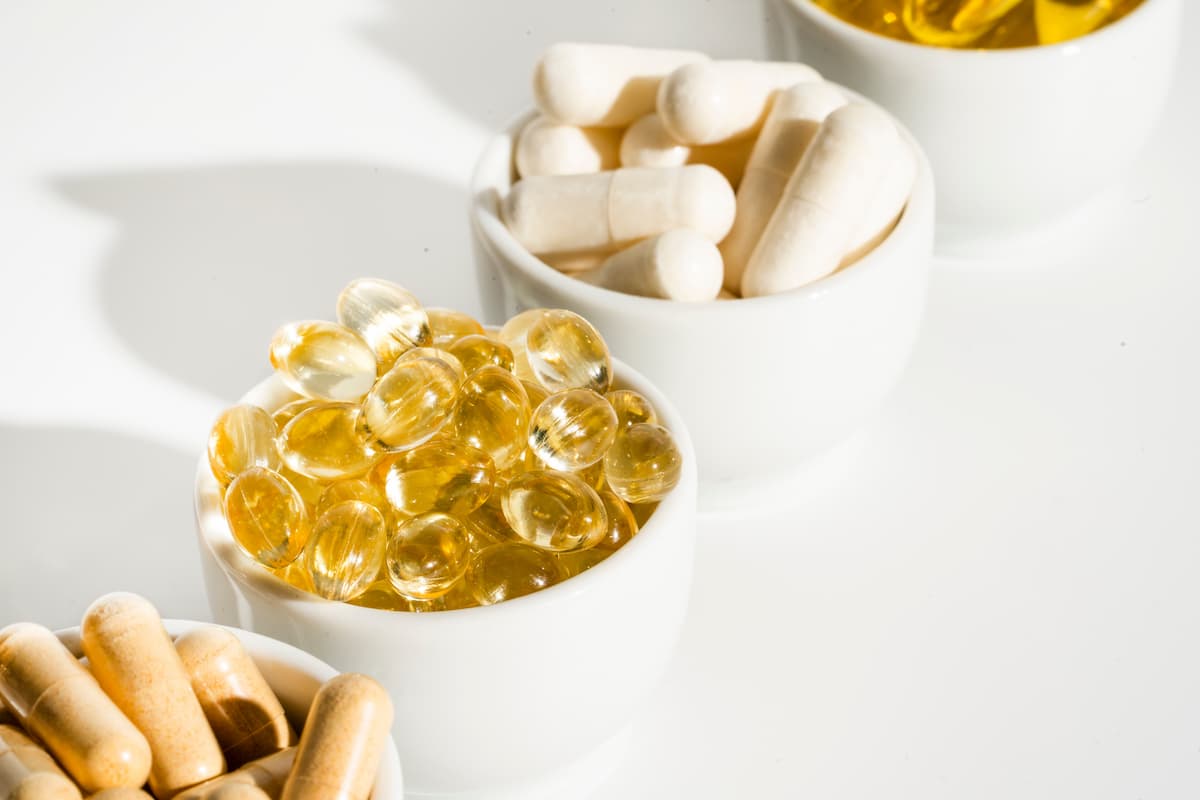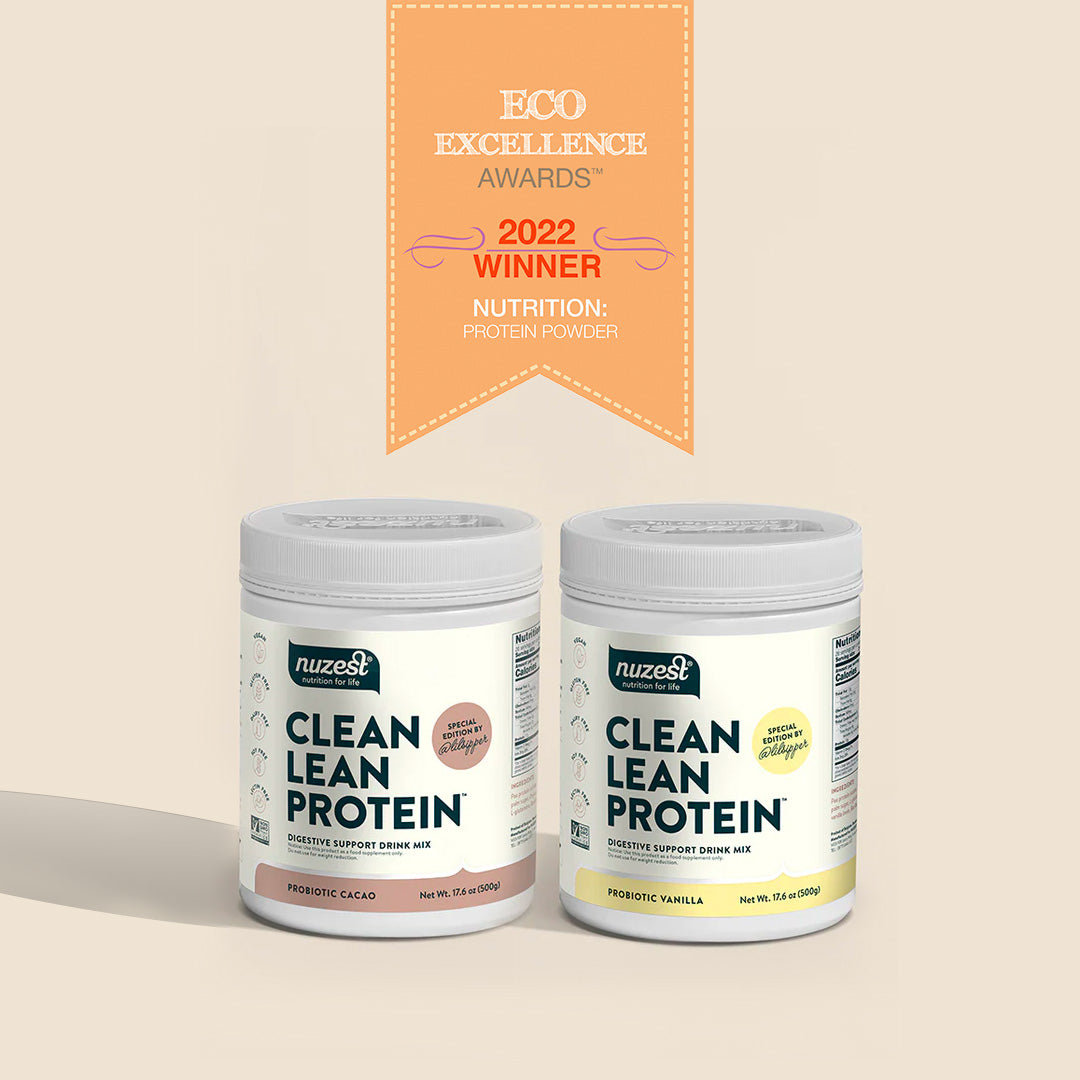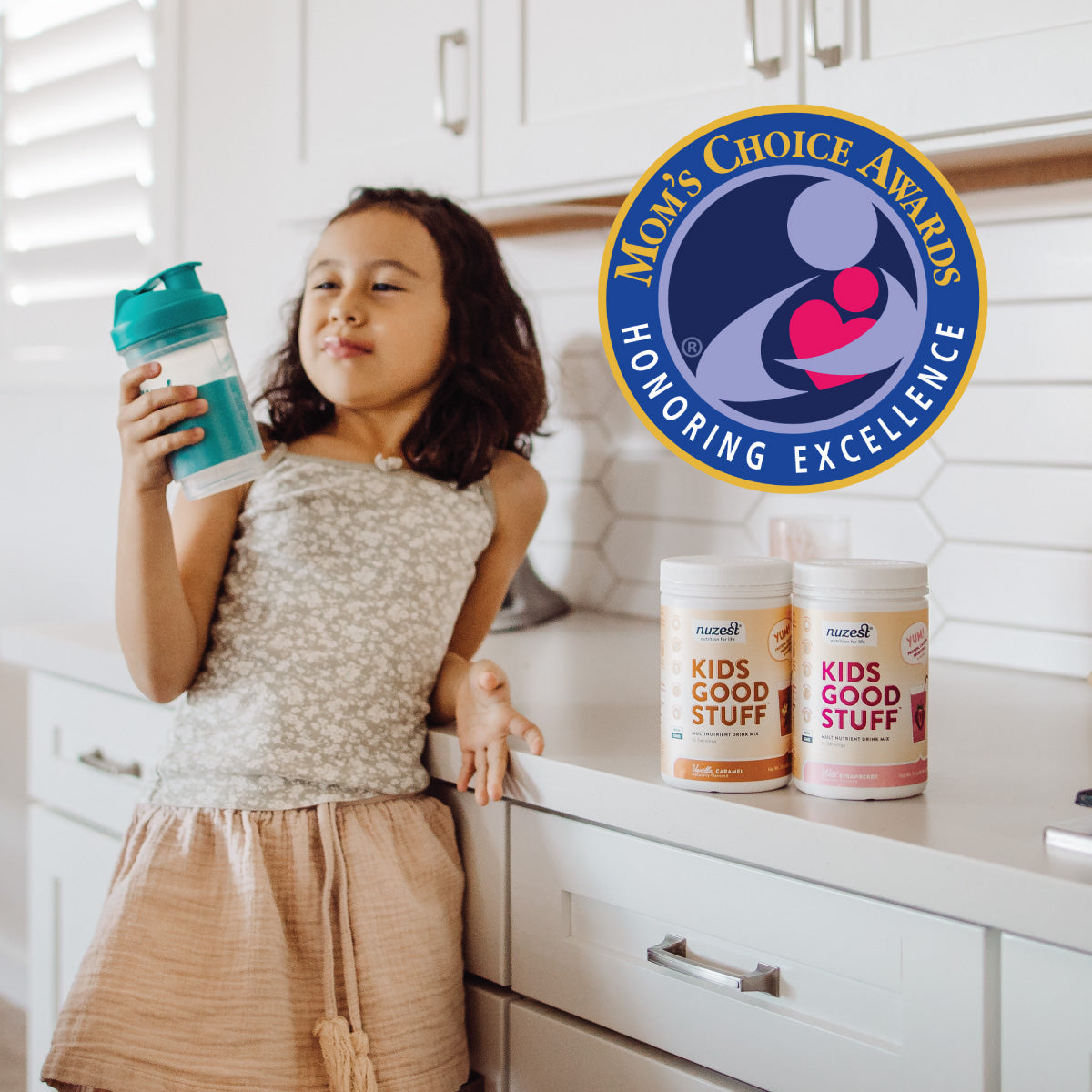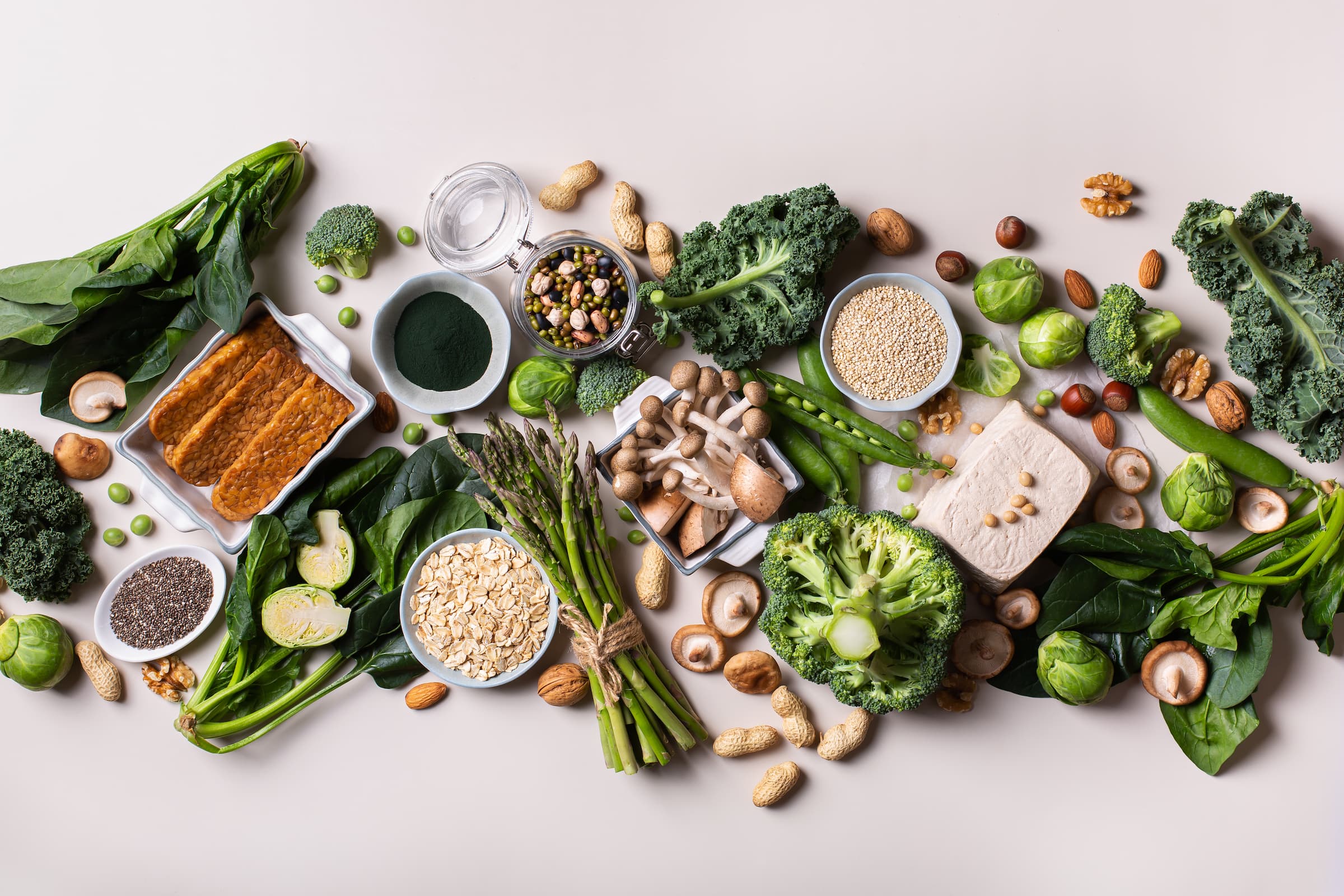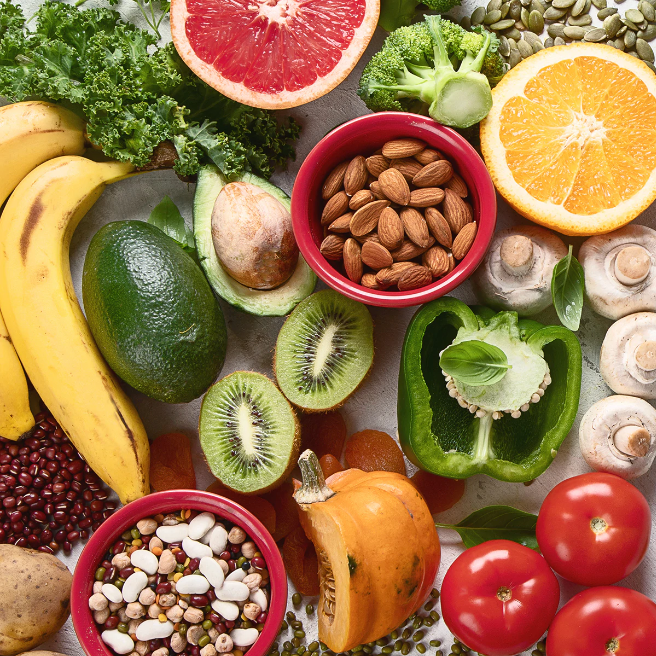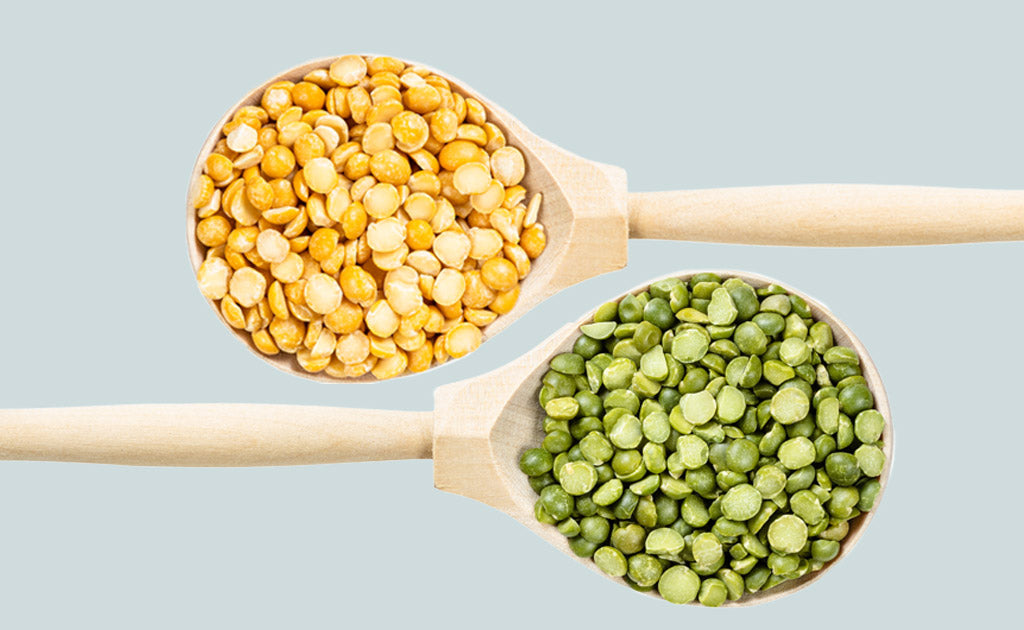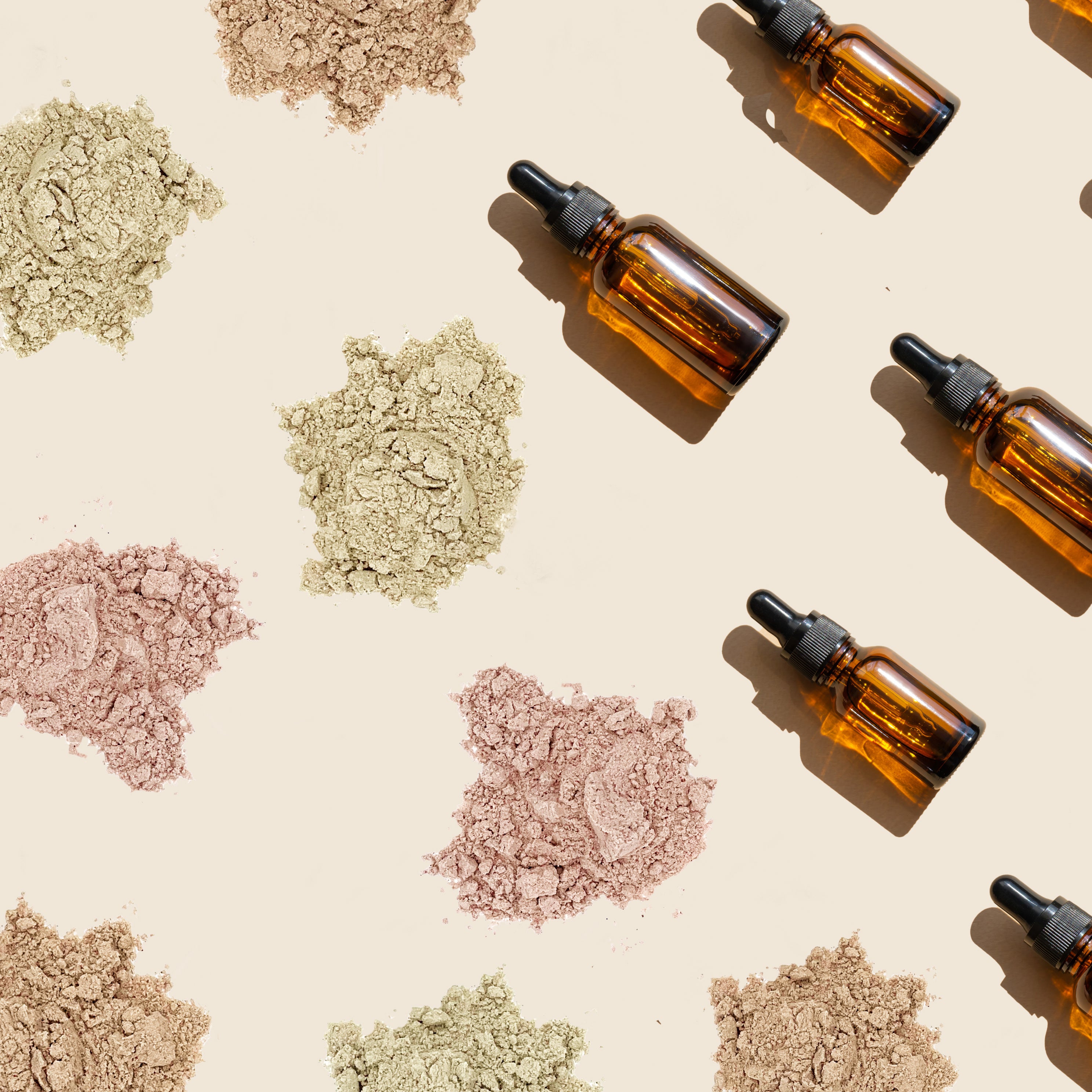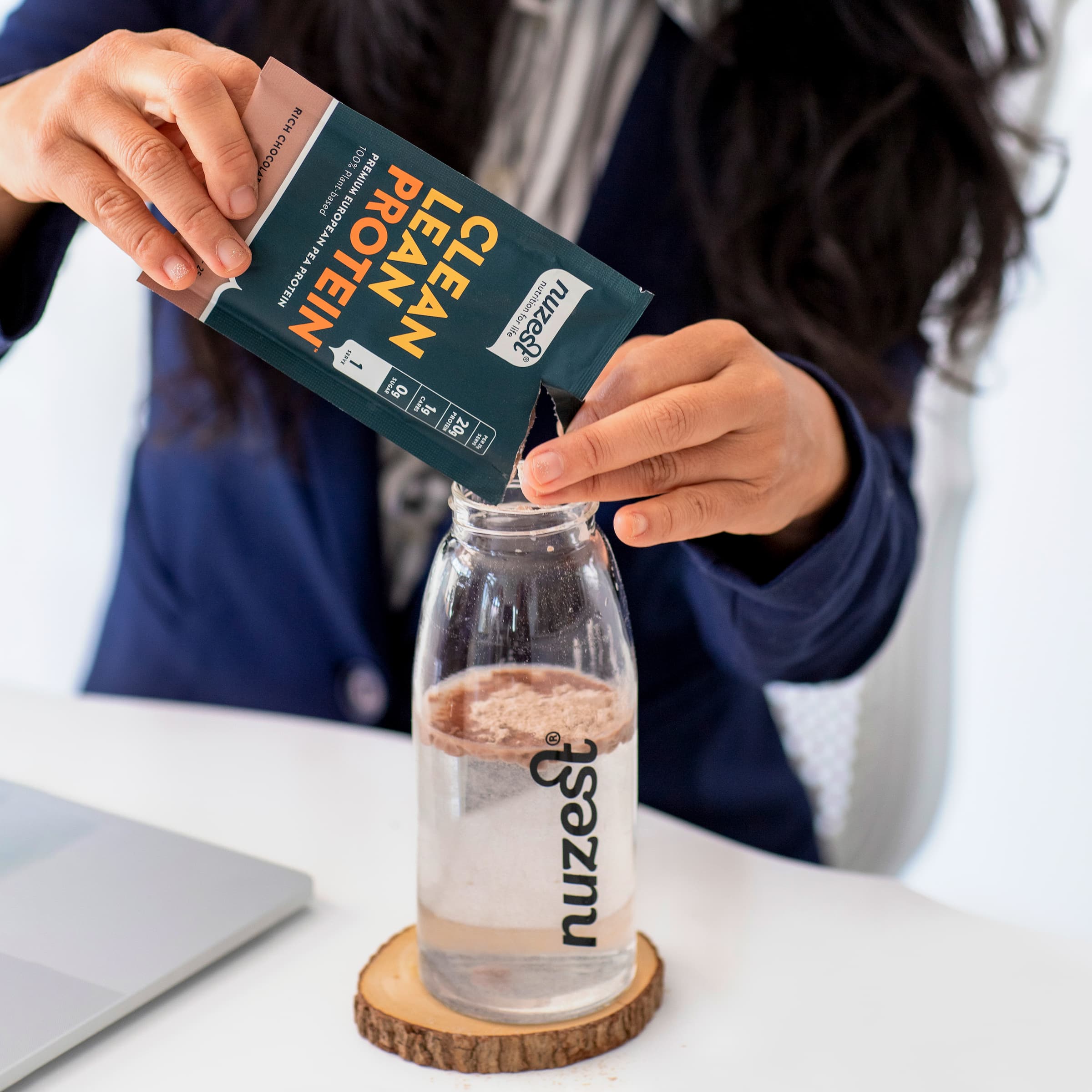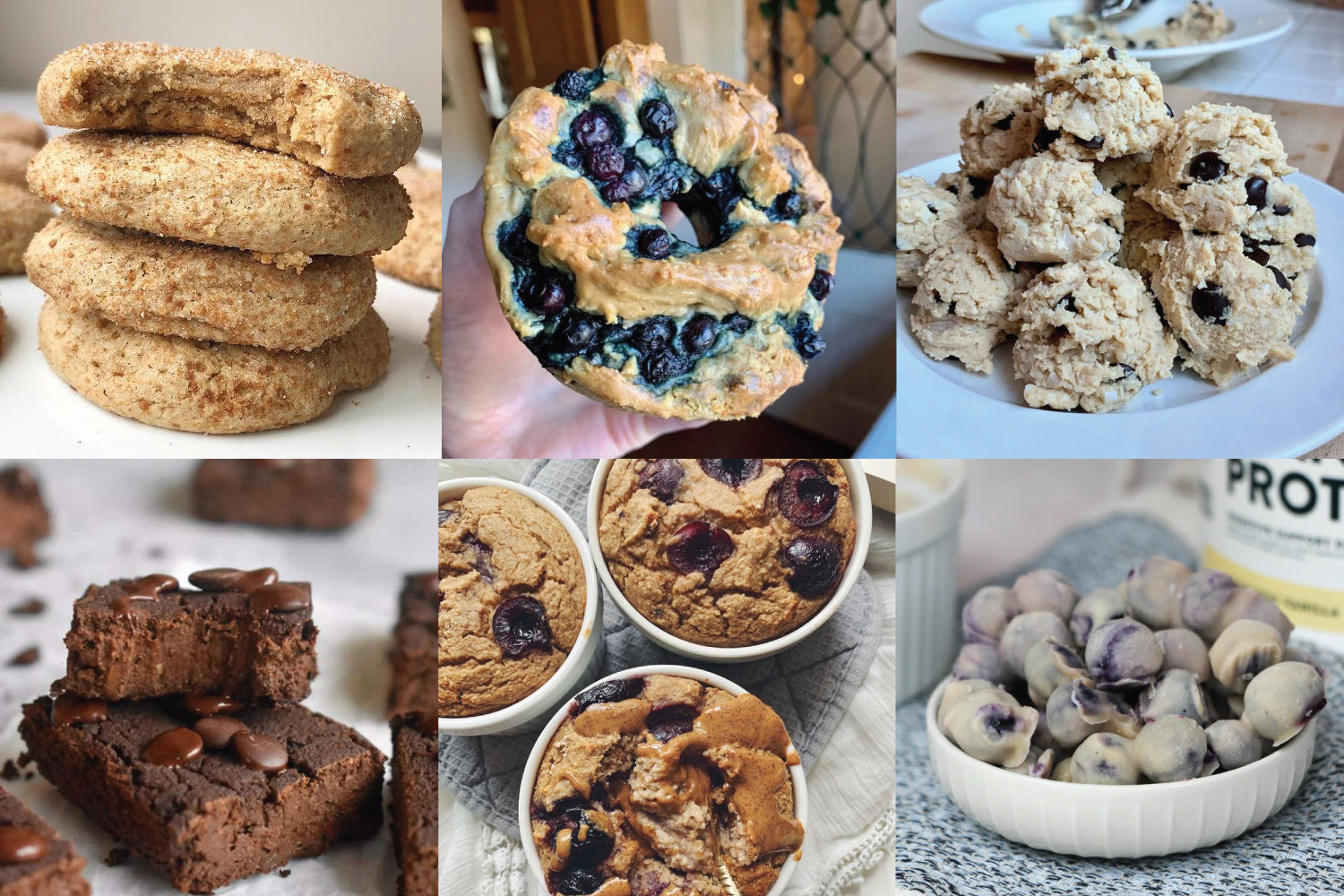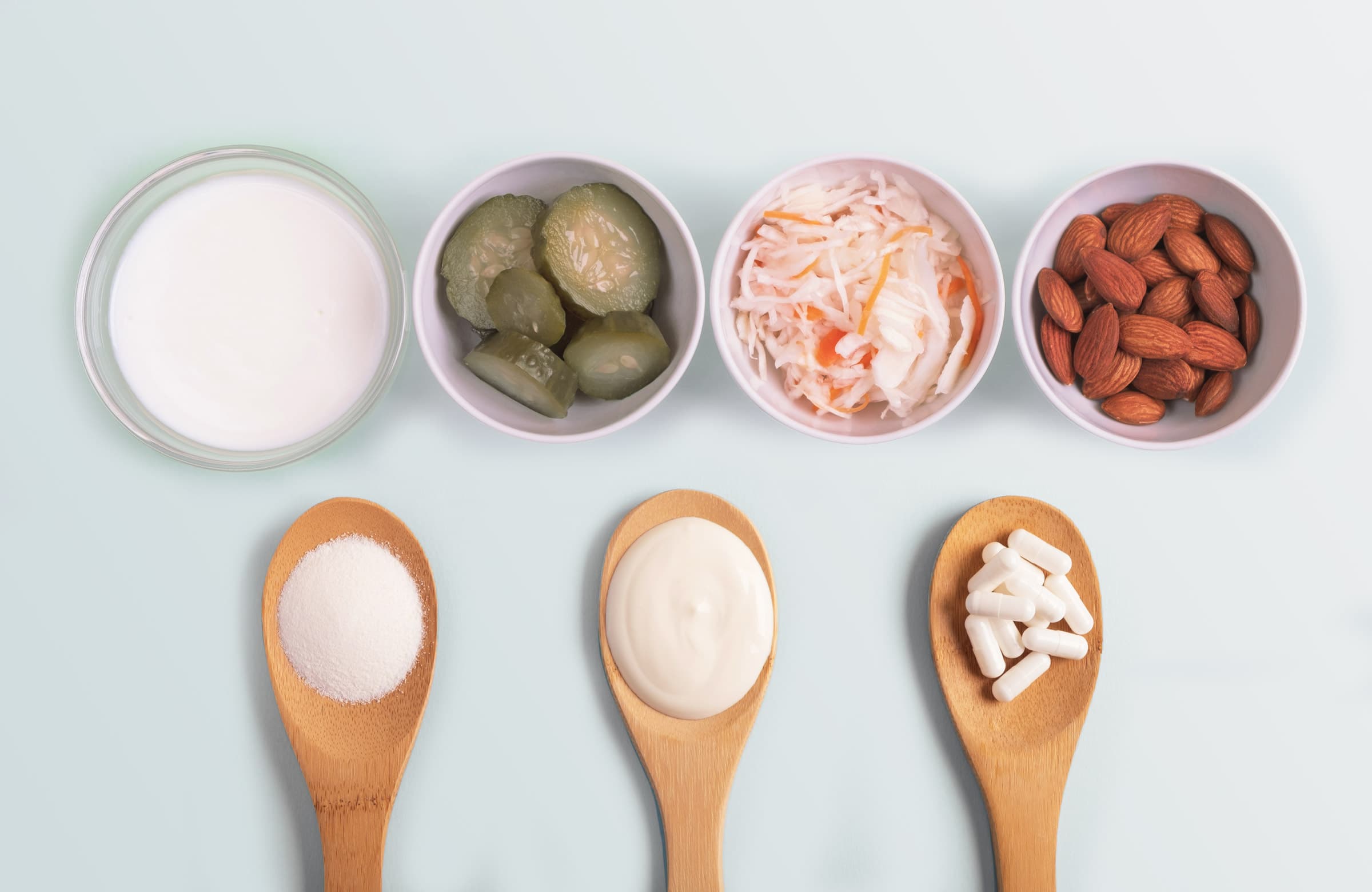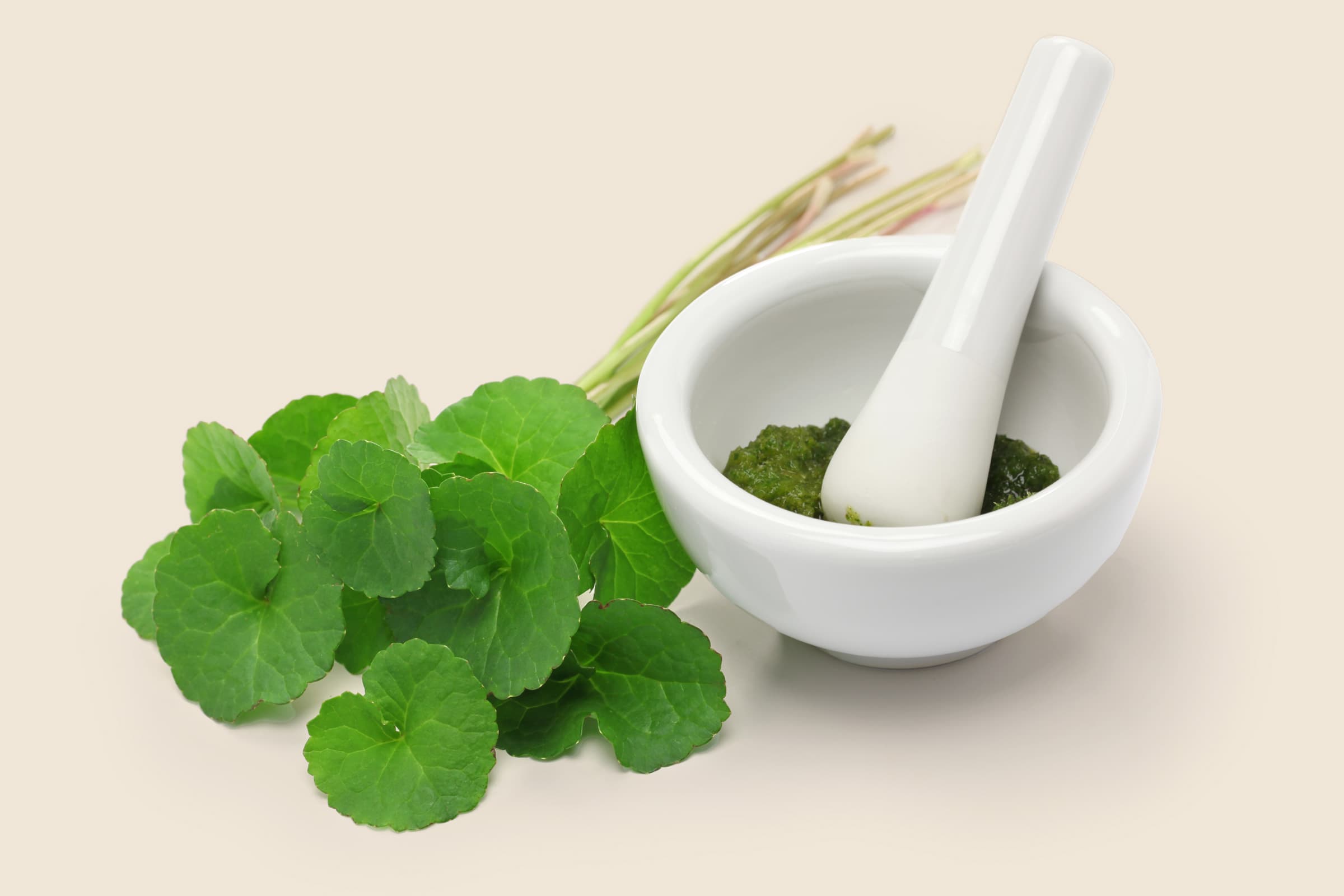Maximizing your workout session consists of more than warming up the joints and muscles. Nourishing your body with certain carbs and proteins, both pre-workout and post-workout, will give your body the strength and energy to perform optimally, as well as help maximize your efforts. In this guide to pre- and post-workout nutrition, we address the specific points about how much and what kind of nutrition to fuel your body with, take a closer look at the “3 R’s” of recovery nutrition, and tackle some common myths about post-workout soreness. With the goal of helping you perform better and recover faster, this guide to pre-workout and post-workout nutrition will result in smarter workouts with tangible results.
Table of Contents
- THE IMPORTANCE OF POST-WORKOUT NUTRITION
- Carb Consumption Replenishes Glycogen
- The Importance of Nutrient Timing
- POST-WORKOUT NUTRITION: 3 R'S OF WORKOUT RECOVERY NUTRITION
- Workout Nutrition, for Beginners
- MYTHS ABOUT POST-WORKOUT PROTEIN AND RECOVERY
- Working Out When Sore: Tips, Benefits, and Risks
- THE PROTEIN POWDER THAT TOP FITNESS TRAINERS AND ATHLETES SWEAR BY
- PRE-WORKOUT AND POST-WORKOUT BASICS
The Importance of Post-Workout Nutrition
First, a return to the basics: when thinking about post-workout, common questions that come up include, what will happen if you go to the gym but don't eat enough after? And, why is it important to eat after a workout? The answer is a fairly simple one—your future workout sessions won’t be as effective otherwise. That’s because there is a cascade effect associated with refueling post-workout.
Glycogen Loss and Muscle Protein Breakdown
When you workout, particularly during a high-intense session such as HIIT, your muscles are using their glycogen stores to power your performance.1 When the body’s main fuel source, glycogen, is depleted from the muscles and liver during workouts, it seeks to be restored as quickly as possible, especially when additional workouts sessions are coming.1 The other key process happening when you have a good, sweaty workout session is the breaking down of muscle proteins. And, just like glycogen, muscle proteins are looking to repair any damage post-workout.1,2 This process of muscle protein synthesis needs to outpace muscle protein breakdown in order for you to see greater muscle gain.4
Macronutrients In Balance
Proteins, carbs, and small amounts of fats are needed as part of your post-workout nutrition to help your body repair and recover. But the balance matters.
Protein Repairs and Builds Muscle
Here are some simple facts about protein and recovery after a workout:
The cornerstone of any post-workout meal, protein provides the amino acids necessary for rebuilding the proteins and creating new muscle tissue4. Amino acids are key in recovery, since it’s through their various combinations that protein is formed. Experts typically recommend 0.14–0.23 grams per pound of body weight,5 to be taken not long after completing the workout. Other studies suggest that consuming between 20 and 40 grams of protein is the “sweet spot” for facilitating the body’s process of post-exercise recovery.6,7
Is it a big deal to skip protein following a workout? Doing so won’t harm you per se, but it will deprive you of some of the benefits of your workout, since muscle protein breakdown can’t be re-synthesized without consuming at least some high-quality, amino-acid rich protein.
Carb Consumption Replenishes Glycogen
As protein is to muscle proteins, carbs are to glycogen. The right kind of carbs are used to replenish glycogen stores, which are needed for fueling future workouts effectively. However, how much carbs you need post-workout largely depends on how much glycogen was used during your workout. And that depends on the type of workout. Typically, endurance sports use more glycogen than resistance training.8
Since studies suggest consuming protein and carbs together increases insulin production, which increases glycogen synthesis,9,10 it makes good sense to include them both in your post-workout meal. After an intense endurance training session, consider consuming protein and carbs in a 1 to 3 ratio: 20 grams of protein with 60 grams of carbs, for example.11
The Importance of Nutrient Timing
Working out doesn’t just give you that burst of feel-good endorphins, it also enhances your body’s ability to rebuild protein and glycogen.7 Recent research shows that your muscles respond best to protein when eaten within two hours of working out.18 The time you eat your pre-workout meal or snack matters, too. If you eat within roughly an hour of your workout, that can extend the window you have for eating a post-workout meal.19 So if you’re wondering if you should take protein while going to the gym, the short answer is yes—but keep it smaller, as opposed to a heavy, large meal.

Post-Workout Nutrition: 3 R's of Workout Recovery Nutrition
Nutrition plays a key role in 2 of the 3 R’s of workout: refuel, rebuild, and rehydrate. And when it comes to recovery nutrition, protein takes center stage. Protein consumption, especially sources that include a full essential amino acid profile, are what rebuilds the cells. One study, conducted by the International Journal of Sports Nutrition Exercise and Metabolism, found that 20 grams of protein, or 9 grams of essential amino acids, taken within the first hour following exercise can help maximize the rate of muscle protein synthesis.2 This is why it’s important to take protein right after a workout.
As protein refuel, carbs rebuild. Glycogen recovery is needed throughout the body, including the brain, liver, and other organs, and carbs are what powers that recovery process. Some research suggests that the body’s glycogen rebuilding and replenishment peaks roughly 15 minutes post-workout, declining as much as 40 percent within an hour.12 So even if you don’t have time for a full meal, this is why post workout snacks are important.
Workout Nutrition, for Beginners
To improve recovery after the gym, include nutrition as part of your workout goals. And workout nutrition doesn’t need to be complicated. There are a wide variety of healthy carb, protein, and fat options out there. Some of the most popular, easily-digested carbs include sweet potatoes, quinoa and other grains, fresh fruit, oatmeal, potatoes, or pasta. Protein options are also plentiful: a well-rounded amino acid protein supplement like Clean Lean Protein by Nuzest is a great choice. Kidney beans, tofu, hemp seeds, and lentils are also great choices. Healthy fats include avocado, nuts, coconut oil, or olive oil. Some simple and delicious workout meals include:
- Post-workout recovery shake with oats, banana and Rich Chocolate Clean Lean Protein
- Lentil spinach soup
- Coconut and Lemon Clean Lean Protein Bar
Looking for more tips? Get your hands on Nuzest’s post-workout recovery resources, or get more suggestions for simple ways to fuel your body by finding out what a personal trainer eats each day.
Myths about Post-Workout Protein and Recovery
All of us will, at some point in our fitness journeys, experience sore muscles post-workout. Some may even be wondering, why do I get sore days after I’ve worked out? The first step is understanding that lactic acid isn’t to blame. Although it’s been blamed for muscle soreness for more than 20 years, lactic acid, it turns out, isn’t the real culprit behind sore muscles. While scientists aren’t entirely clear on what actually is behind soreness13, part of the reason is the tearing of the muscle tissues, which increase inflammation and in turn, pain or discomfort.
Working Out When Sore: Tips, Benefits, and Risks
One piece of evidence that lactic acid isn’t building up with each workout is that, the more you repeat a certain exercise, the more accustomed your muscles will become to it, and the less soreness you’ll experience14.
At the same time, if you’re experiencing a lot of soreness following a bout of intense exercise, it may be better to wait a day or two for the soreness to subside before tackling another15.
What to do to minimize that soreness? There’s some evidence to suggest rotating between heat and cold compresses to the affected area can help16. And while research doesn't have anything conclusive to say about stretching, many swear by it as a way to reduce soreness. A hot epsom salt bath or relaxing massage can be another useful option to relieve that painful discomfort.
The Protein Powder That Top Fitness Trainers and Athletes Swear By
When it comes to pre- and post-workout nutrition, nothing beats protein powder in a shake. Easy, fast, and nutritious, a protein shake can quickly hit all the targets for a 1 to 3 protein to carb ratio for a snack or even a meal. And the star player, protein powder, needs to have a clean profile, without fillers or binders, supplying at least 20 grams of protein.
Clean Lean Protein by Nuzest, recommended by top fitness trainers and athletes alike, hits all these criteria: sourced from non-GMO, premium European golden pea protein isolate, each serving contains between 18-21 gram of protein per serving and contains 9 essential amino acids, including 7.2g of leucine, critical for muscle repair and protein synthesis17.
PRE-WORKOUT AND POST-WORKOUT BASICS
Putting effort into completing a challenging resistance or cardio session without adequate pre- and post-workout nutrition is like trying to push a boulder uphill. By giving your body the nutrients it craves, your glycogen stores can be replenished, muscle proteins can be repaired, and you’ll have the energy you need to build muscle and make each workout more effective than the one before.
References
- https://www.ncbi.nlm.nih.gov/pmc/articles/PMC6019055/
- https://jissn.biomedcentral.com/articles/10.1186/s12970-017-0177-8
- https://journals.plos.org/plosone/article?id=10.1371/journal.pone.0089431
- https://pubmed.ncbi.nlm.nih.gov/9252488/
- https://pubmed.ncbi.nlm.nih.gov/18834505/
- https://pubmed.ncbi.nlm.nih.gov/10198297/
- https://pubmed.ncbi.nlm.nih.gov/23360586/
- https://www.ncbi.nlm.nih.gov/pmc/articles/PMC6019055/#:~:text=Endurance%20training%20increases%20muscle%20glycogen,of%20muscle%20glycogen%20causes%20fatigue.
- https://pubmed.ncbi.nlm.nih.gov/24149627/
- https://pubmed.ncbi.nlm.nih.gov/9694422/
- https://pubmed.ncbi.nlm.nih.gov/12235033/
- https://pubmed.ncbi.nlm.nih.gov/23360586/
- https://pubmed.ncbi.nlm.nih.gov/7830383/
- https://www.ncbi.nlm.nih.gov/pubmed/12641640
- https://pubmed.ncbi.nlm.nih.gov/12617692/#:~:text=Exercise%20is%20the%20most%20effective,following%20intense%20DOMS%2Dinducing%20exercise
- https://pubmed.ncbi.nlm.nih.gov/26502272/
- https://pubmed.ncbi.nlm.nih.gov/10418071/
- https://www.ncbi.nlm.nih.gov/pmc/articles/PMC5214805/
- https://pubmed.ncbi.nlm.nih.gov/11440894/
